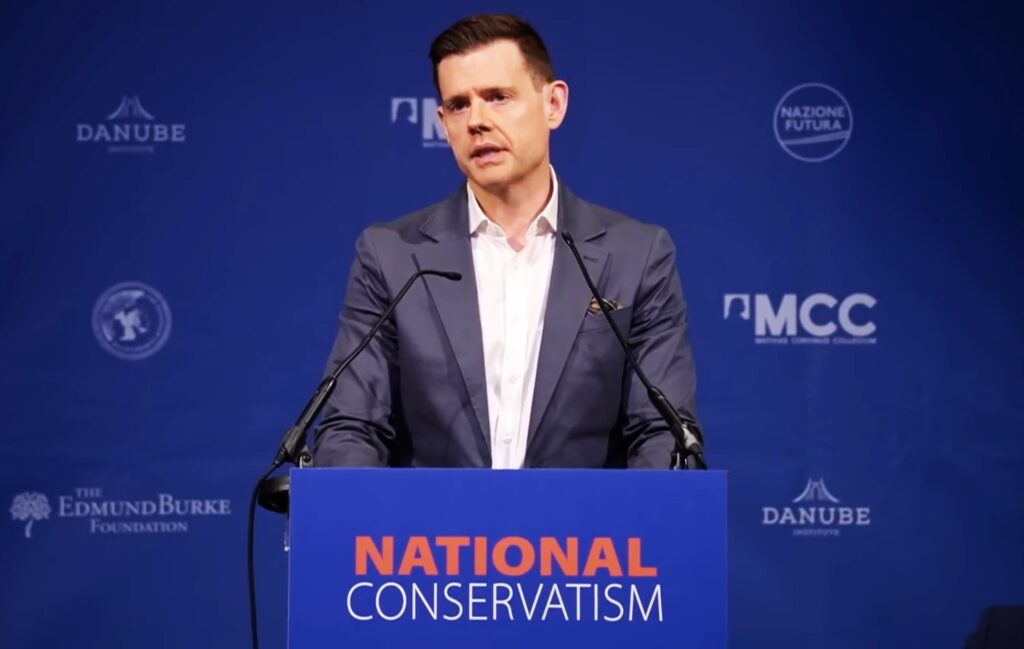Want to learn more about coal? Check out our resource page on the Top 5 Clean Coal Myths.
Hey, kids, it’s time for another bedtime story from the American Coalition for Clean Coal Electricity, a.k.a. the ACCCE (the organization formerly known as Americans for Balanced Energy Choices)!
Today’s story is told by ACCCE‘s vice president for communications, Joe Lucas, in a spin festival er, opinion column in the Fort Wayne, Indiana Journal-Gazette.
Clean coal is crucial to energy future
He talks about the importance of coal-generated electricity and jobs in Indiana, and then goes cherry-picking, throwing in a Credibility-Building Science Quote™:
Lucas rapidly claps his hands over his ears and ignores the most important part of Sachs’ article… as in, the rest of the science. Sachs’ Scientific American discussion includes:
Sachs is clearly in favor of CCS, but at least he discusses the problems, and acknowledges that things are still in the nerd (experimental) stages.
Let’s get back to Lucas’ bumbling spin:
With the right investments in technology, coal will help power America through the 21st century with ultra-low emissions, including zero emissions of pollutants regulated by federal and state clean air laws and the capture and storage of carbon dioxide.
[…]
We need to explore all options from coal to nuclear to natural gas and wind.
However, coal will remain a part of America’s energy outlook for the foreseeable future and beyond.
He ends the column with “the [Democratic] presidential candidates agree…”, as if obvious pandering by (non-energy scientists) Senators Obama and Clinton somehow lends credibility to Lucas’ argument.
What a confusing mix of cherry-picking from a scientific discussion, empty statements on “how coal power is really clean”, and “if politicians think it’s great, then it must be!”
Not terribly convincing, Mr. Lucas. You’re trying very hard to sell the ACCCE‘s fantasy that coal is “clean”, and that CCS can work.
It can’t. The science is clearly against everything you and your friends are saying.
Get ready for the uphill battle of your life. We’re the clean, green, fighting machine that’s looming in your coal-smudged headlights.
Cross-posted on our affiliate site, Coal is Dirty.
Subscribe to our newsletter
Stay up to date with DeSmog news and alerts






